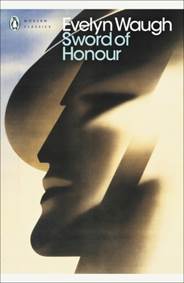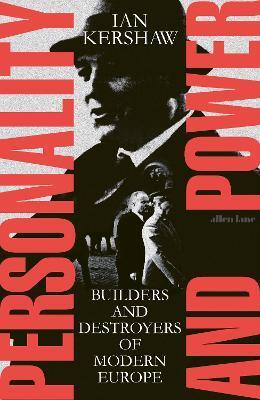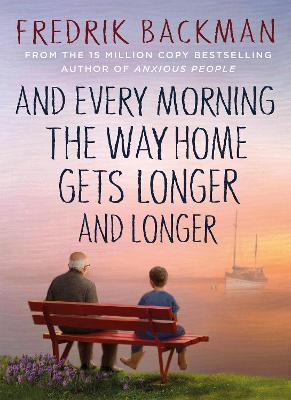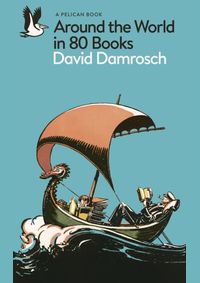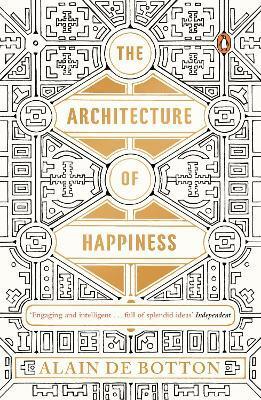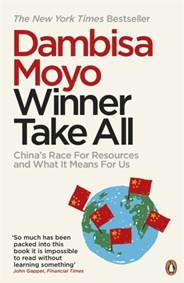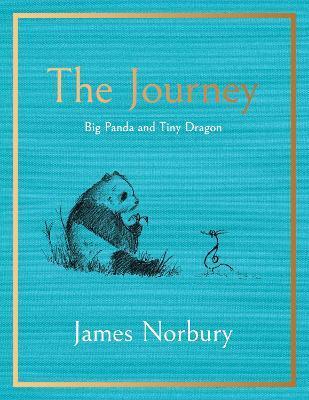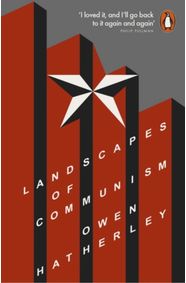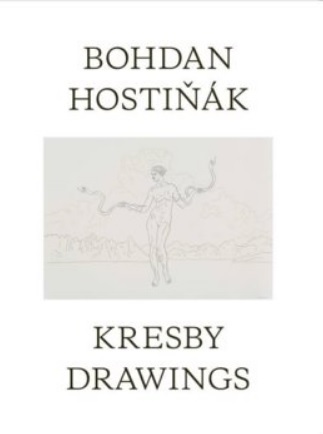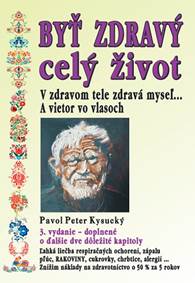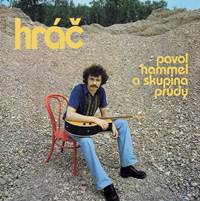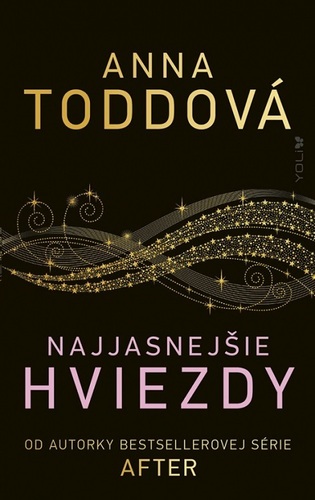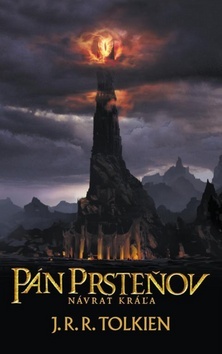Sword of Honour
Knihu kúpite v
1 e-shope
od
18,00 €
Knihyprekazdeho.sk
18,00 €
Skladom
(dodanie do 3 dní)
Krátky popis
Fictionalising his experience of service during the Second World
War, Evelyn Waugh's Sword of Honour is the complete one-volume
edition of his masterful trilogy, edited with an introduction by
Angus Calder in Penguin Modern Classics. Waugh's own unhappy
experience of being a soldier is superbly re-enacted in this story
of Guy Crouchback, a Catholic and a gentleman, commissioned into
the Royal Corps of Halberdiers during the war years 1939-45. High
comedy - in the company of Brigadier Ritchie-Hook or the denizens
of Bellamy's Club - is only part of the shambles of Crouchback's
war.When action comes in Crete and in Yugoslavia, he discovers not
heroism, but humanity. Sword of Honour combines three volumes:
Officers and Gentlemen, Men at Arms and Unconditional Surrender,
which were originally published separately. Extensively revised by
Waugh, they were published as the one-volume Sword of Honour in
1965, in the form in which Waugh himself wished them to be
read.Evelyn Waugh (1903-66) was born in Hampstead, second son of
Arthur Waugh, publisher and literary critic, and brother of Alec
Waugh, the popular novelist. In 1928 he published his first work, a
life of Dante Gabriel Rossetti, and his first novel, Decline and
Fall, which was soon followed by Vile Bodies (1930), A Handful of
Dust (1934) and Scoop (1938). In 1939 he was commissioned in the
Royal Marines and later transferred to the Royal Horse Guards,
serving in the Middle East and in Yugoslavia.In 1942 he published
Put Out More Flags and then in 1945 Brideshead Revisited. Men at
Arms (1952) was the first volume of 'The Sword of Honour' trilogy,
and won the James Tait Black Memorial Prize, the other volumes,
Officers and Gentlemen and Unconditional Surrender, followed in
1955 and 1961. If you enjoyed Sword of Honour, you might like Ford
Madox Ford's Parade's End, also available in Penguin Modern
Classics.'Marvellous ... one of the masterpieces of the
century'John Banville, Irish Times
